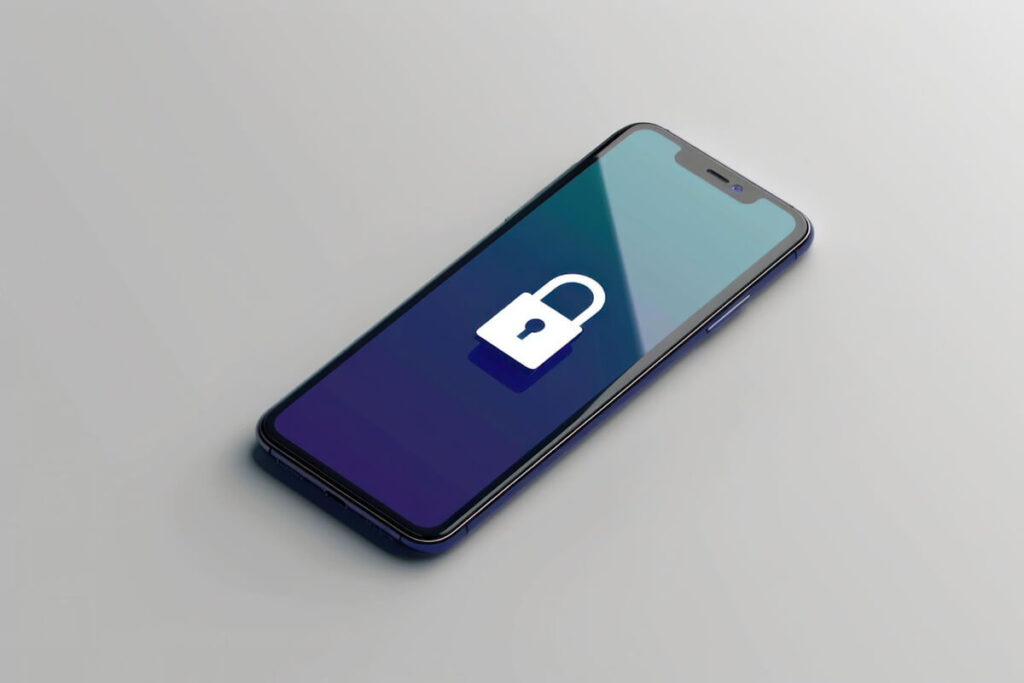In today’s digital age, mobile app security is more important than ever. With millions of apps available for download on the Google Play Store, ensuring that your Android app is secure is essential to protect both your users and your business. Here are some tips for securing your Android app:
1. Use HTTPS Encryption
One of the most basic yet crucial steps in securing your Android app is to use HTTPS encryption. This ensures that all data transmitted between your app and your servers is encrypted, making it much more difficult for hackers to intercept and read sensitive information. Implementing HTTPS encryption is relatively easy and can go a long way in protecting your users’ data.
- Encrypting data with HTTPS helps prevent man-in-the-middle attacks.
- HTTPS also improves your app’s SEO ranking on the Google Play Store.
- Implementing HTTPS can enhance users’ trust in your app by assuring them of data security.
2. Secure Your APIs
If your Android app communicates with a server or third-party services via APIs, it’s important to secure these APIs to prevent unauthorized access. Use API keys, authentication tokens, and other security measures to ensure that only authorized users and systems can access your APIs. Additionally, consider implementing rate limiting and monitoring tools to detect and block suspicious activity.
- Regularly audit your APIs for vulnerabilities and apply security patches promptly.
- Employ OAuth for secure authentication and authorization of API requests.
- Implement API versioning to maintain backward compatibility and security.
3. Implement Secure Authentication
Proper authentication is essential for protecting your users’ accounts and data. Implement strong password policies, such as requiring users to create complex passwords and enabling multi-factor authentication. Consider using biometric authentication methods, such as fingerprint or facial recognition, for an added layer of security.
- Educate users on password best practices to enhance account security.
- Implement password hashing and salting techniques to protect user credentials.
- Regularly review and update authentication mechanisms to adapt to evolving security threats.
4. Keep Your App Updated
Regularly updating your Android app is important for security reasons. Updates often contain patches for known vulnerabilities, so keeping your app up to date will help protect it against the latest threats. Encourage your users to enable automatic updates on their devices to ensure they are always running the latest version of your app.
- Notify users of security updates and bug fixes to maintain app credibility.
- Conduct thorough testing after each update to ensure no new security vulnerabilities are introduced.
- Establish a clear update schedule to keep users informed about upcoming enhancements and security patches.
5. Secure Your Code
Writing secure code is essential for preventing vulnerabilities in your Android app. Follow best practices for secure coding, such as input validation, output encoding, and avoiding hardcoded credentials. Consider using tools like static code analysis and penetration testing to identify and fix security issues in your code.
- Use secure coding libraries and frameworks to minimize the risk of common security flaws.
- Regularly review and refactor code to eliminate potential vulnerabilities.
- Implement secure coding practices in the development process to foster a security-conscious culture.
6. Use Proguard for Obfuscation
Proguard is a tool that can help obfuscate your Android app’s code, making it more difficult for attackers to reverse engineer and tamper with your app. By using Proguard, you can protect your intellectual property and sensitive information from being exposed through decompilation.
- Configure Proguard to remove unused code and optimize app performance.
- Regularly update Proguard configurations to adapt to new security threats.
- Use Proguard mapping files to diagnose and troubleshoot obfuscation issues.
7. Implement App Transport Security
App Transport Security (ATS) is a feature that enforces secure connections between your app and external servers. By enabling ATS in your Android app, you can ensure that all network communications are encrypted using modern cryptographic protocols. This helps protect your users’ data from interception and manipulation by malicious actors.
- Configure ATS to enforce secure communication protocols like TLS 1.2 or higher.
- Monitor network traffic to detect and mitigate potential security risks.
- Implement certificate pinning to prevent man-in-the-middle attacks and certificate spoofing.
Conclusion
Securing your Android app is a continuous process that requires vigilance and proactive measures. By following these tips and staying informed about the latest security threats, you can help protect your app and your users from potential security breaches. Remember, investing in security now can save you from costly data breaches and damage to your reputation in the future.
Looking to enhance the security of your Android app? Our experts are here to help. Contact us today to discuss your app security needs and ensure your users’ data is protected.
FAQs:
1. Why is using HTTPS encryption important for securing an Android app?
Using HTTPS encryption ensures that all data transmitted between your app and your servers is encrypted, making it much more difficult for hackers to intercept and read sensitive information.
2. How can I secure my APIs in an Android app?
Secure your APIs by using API keys, authentication tokens, and other security measures to ensure that only authorized users and systems can access your APIs. Additionally, consider implementing rate limiting and monitoring tools to detect and block suspicious activity.
3. What is the importance of implementing secure authentication in an Android app?
Proper authentication is essential for protecting your users’ accounts and data. Implement strong password policies, require users to create complex passwords, enable multi-factor authentication, and consider using biometric authentication methods for added security.
4. Why is it important to keep an Android app updated for security reasons?
Regularly updating your Android app is important because updates often contain patches for known vulnerabilities. Keeping your app up to date will help protect it against the latest threats, so encourage users to enable automatic updates on their devices.
